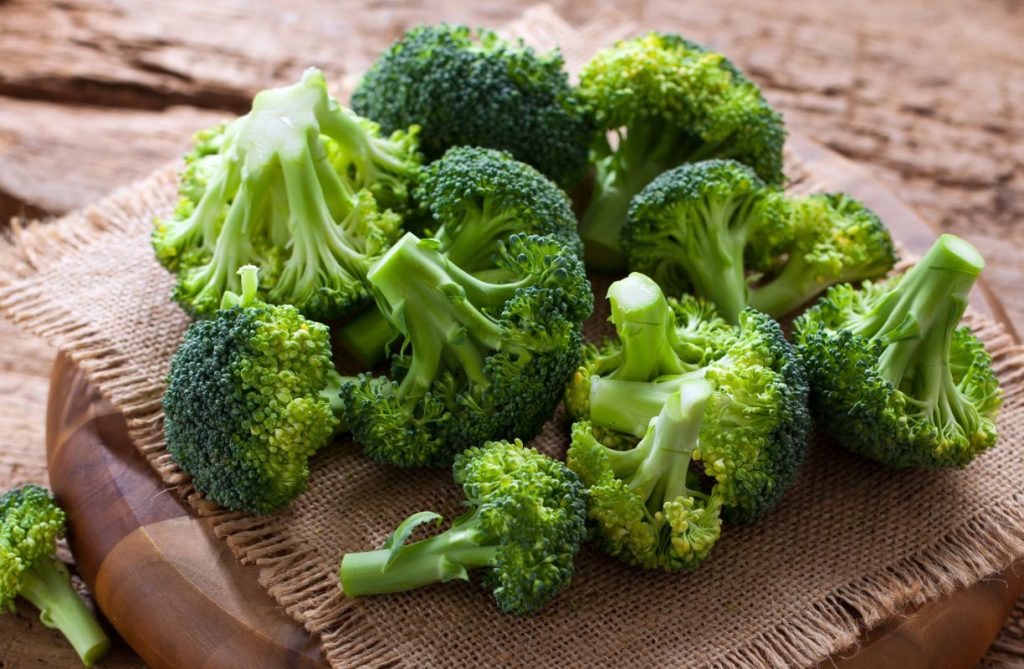I’ve said it before and I’ll say it again: being sick is just no fun. Even a minor bout of the flu can take you out of the game for days, and there is nothing more frustrating than sitting on the sidelines of your own life.
There are a lot of ways to boost your immune system that you’ve probably heard of before, friends. Drinking orange juice, taking zinc and exercising are all well-known ways to improve your immune system. What I bet you didn’t know is that broccoli and its friends, relatively speaking, should on that list, too!
Researchers at UCLA discovered that sulforaphane, a natural compound found in cruciferous vegetables such as broccoli, triggers a set of enzymes and antioxidant genes in certain immune cells, which work to fight the damaging effects of free radicals (https://www.uclahealth.org/study-finds-that-broccoli-may-help-boost-the-aging-immune-system). If you’re unfamiliar or not sure what the term “free radicals” means, it’s actually easy: free radicals are a charged-up form of oxygen that can cause oxidative tissue damage. This type of damage is believed to be among the major causes of aging.
When the researchers gave older mice sulforaphane, they noticed an increase in their immune system response that was comparable to that of younger mice.
This wonder chemical has actually been found to do a number of great things for your body. In other research, sulforaphane has boosted the cell enzymes that protect against carcinogen damage at the molecular level, increased the liver’s ability to detox free radicals and carcinogenic compounds, and triggered phase II enzyme production, which are considered anti-cancer compounds.
Getting more broccoli into your diet is easy enough to do, but the question of how much to add can be tricky. The amounts of nutrients in any given vegetable vary depending on how they are cooked, the quality of the soil they are grown in, and other factors. The Johns Hopkins University research team did try to calculate how much broccoli you would need to eat to receive a significant degree of cancer protection, and they came to the conclusion that you would need to eat two pounds of the vegetable, on average, each week (https://www.sciencedaily.com/releases/1997/09/970919062654.htm).
Adding more broccoli into your meals is easier than you may think. It’s great raw as a snack, but it can also go into many sauces. You can add it to your salad or mix it into your eggs. There’s even a “broccoli cake,” but I’m not yet brave enough to try it!




